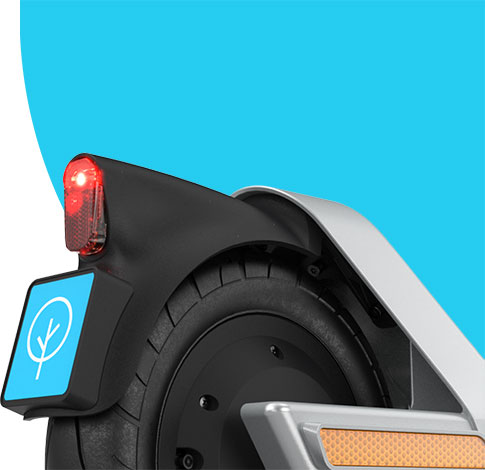Pedestrians at the apex, followed by low-carbon mobility options like bikes, scooters and public transit.
That’s how the head of Tel Aviv’s Environmental and Sustainability Authority Eitan Ben-Ami described the city’s approach towards reversing the transportation hierarchy and deprioritizing private cars.
This new mobility pyramid isn’t just theoretical. On top of pedestrianizing 11 additional city streets earlier this month, Tel Aviv has announced a bold plan to more than double its existing bike and scooter infrastructure from 140 km to 300 km by 2025. The goal is to increase the amount of micromobility commuters from 11% to 25% while reducing the number of automobile commuters from 56% to 25%.
“It is a revolutionary plan that for the first time turns segments of bike paths into one uninterrupted network,” said Deputy Mayor Meital Lehavi. “Thanks to the support from and data shared by micromobility operators like Bird, we’ve been able to identify where new infrastructure is most needed in order to encourage modeshift and reduce our dependence on private cars.”
Recent trends are already pointing in the right direction, as Bird ridership in Tel Aviv in June has surpassed pre-pandemic levels and ride duration has notably increased. The stats pair up with data measured across the global micromobility industry in recent weeks, indicating an evolving relationship between riders and electric scooters as people seek out new sustainable transportation options that allow them to practice safe social distancing.
Urban sustainability has long been a priority in Tel Aviv. Plans have been in the works to dramatically increase the city’s cycling infrastructure, and the empty streets caused by the global coronavirus lockdown measures allowed quick action to be taken to prioritize streets for pedestrians and micromobility riders.

